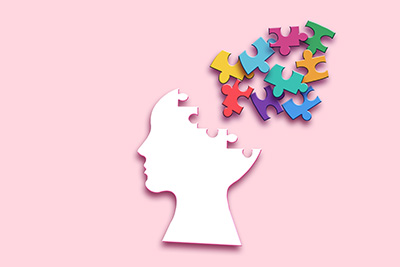
Do mentally stimulating activities protect against memory loss? A recent study by researchers at the Mayo Clinic has determined that engaging in mentally stimulating activities, such as, computer use, craft activities, social activities and playing games decreased cognitive impairment by between 22 and 30 percent. More specifically, it was determined that taking part in these types of activities, even late in life, has the potential to delay new-onset mild cognitive impairment.
The Mayo Clinic describes mild cognitive impairment (MCI) as “an intermediate stage between the expected cognitive decline of normal aging and the more-serious decline of dementia. It can involve problems with memory, language, thinking and judgment that are greater than normal age-related changes”.
As we grow older, it’s expected that we will gradually begin to notice that we are not as mentally nimble as we once were. Everyone experiences walking into a room only to forget why we are there and going temporarily blank when trying to remember a name or think of a word. When memory or other behavioral issues go beyond what is generally expected, it may indicate some level of cognitive impairment.
Some possible warning signs include:
The news that some or all of these symptoms can be prevented or, at least, slowed, is definitely welcome. By following nearly 2,000 participants for an average four years each, the study determined that computer use decreased new-onset mild cognitive impairment by 30 percent, while craft activities, social interaction and playing games decreased impairment by 28, 23 and 22 percent, respectively.
According to Yonas Geda, M.D., psychiatrist and behavioral neurologist at Mayo Clinic’s Arizona campus and senior author of the study, “Our team found that persons who performed these activities at least one to two times per week had less cognitive decline than those who engaged in the same activities only two to three times per month or less.”
Of course, not all memory loss is age-related. Other causes include:
While mentally stimulating activities have the potential of keeping the brain more agile and able to function at a higher level, at any age, the issues in the list above may require other means for correction. At The Anti-Aging Center at Make You Well, we strongly believe correcting imbalances and deficiencies in nutrition, vitamin and antioxidant status, along with improving fitness and balancing and restoring hormones with Bioidentical Hormone Replacement Therapy, can offer help with memory issues while creating the foundation for a healthier and happier life.
To learn more about memory loss and what can be done, take advantage of our Free Consultation by calling (424) 374-2800 or click here to use our convenient online form.